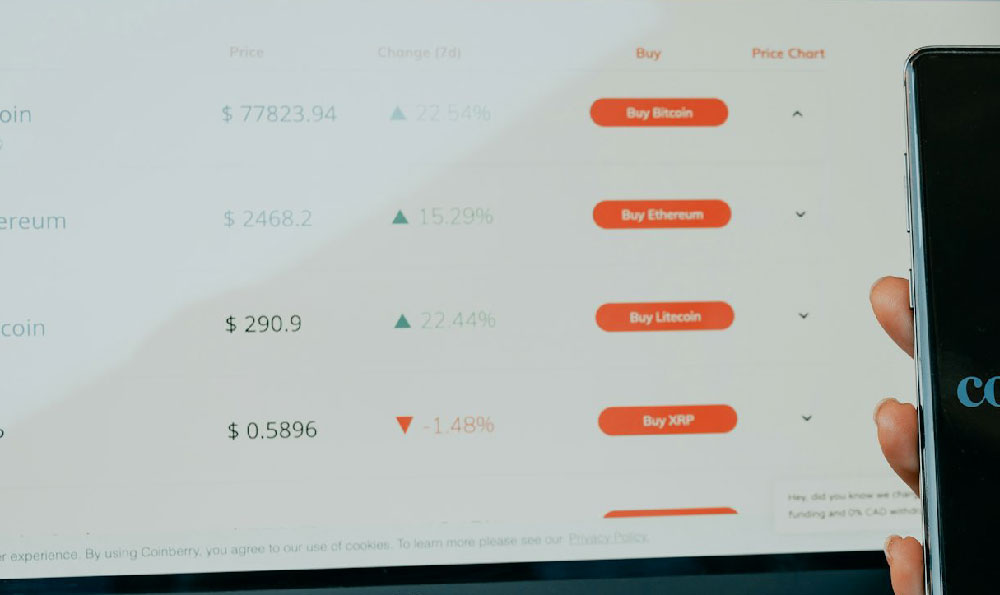Okay, here’s an article based on the title "How to Make a Website that Makes Money: Is it Possible, and How?", aiming for depth, detail, and a focus on practical advice without using overly structured formatting.
Making money from a website is absolutely possible, and it's a dream shared by many aspiring entrepreneurs and creatives. However, the reality is that it requires significant planning, effort, and patience. Simply building a website and expecting the money to roll in is a recipe for disappointment. Success hinges on understanding the core principles of online monetization and executing a well-defined strategy.
The initial question you need to address is: what value are you offering? Every successful website solves a problem, entertains, educates, or fulfills a specific need for its target audience. This value proposition is the foundation of your monetization strategy. Are you providing expert advice, offering a unique product, building a community, or creating engaging content? Clearly defining your website's purpose will guide your content creation, marketing efforts, and ultimately, your revenue streams.

Once you've established your value proposition, you need to identify your target audience. Who are you trying to reach? What are their interests, demographics, and online behaviors? Understanding your audience allows you to tailor your content and marketing strategies to resonate with them, increasing engagement and attracting the right kind of traffic to your site. Use analytics tools like Google Analytics to track visitor behavior, demographics, and referral sources. This data will provide invaluable insights into who is visiting your site and how they are interacting with your content.
Traffic is the lifeblood of any money-making website. Without a consistent stream of visitors, your monetization efforts will be futile. There are several ways to drive traffic to your website, each with its own advantages and disadvantages. Search Engine Optimization (SEO) is crucial for attracting organic traffic from search engines like Google. This involves optimizing your website's content and structure to rank higher in search results for relevant keywords. Keyword research is essential for identifying the terms your target audience is using to find information online. Create high-quality, informative content that answers their questions and addresses their needs.
Content marketing plays a vital role in attracting and engaging your audience. Consistently publishing valuable content, such as blog posts, articles, videos, and infographics, establishes you as an authority in your niche and encourages visitors to return to your site. A content calendar can help you plan and schedule your content creation efforts, ensuring a steady stream of fresh content.
Social media marketing is another powerful tool for driving traffic to your website. Share your content on relevant social media platforms to reach a wider audience and engage with potential customers. Build a strong social media presence by interacting with your followers, participating in relevant conversations, and running targeted advertising campaigns. Remember to choose the social media platforms that align with your target audience's preferences.
Now, let's delve into the various monetization methods you can employ. Advertising is a common and relatively straightforward option. You can display ads on your website through platforms like Google AdSense or direct advertising partnerships. Google AdSense allows you to earn money by displaying targeted ads on your website. The amount you earn depends on factors such as the number of ad impressions, click-through rate (CTR), and the cost-per-click (CPC) of the ads. Direct advertising involves selling ad space directly to businesses that want to reach your target audience. This can be more lucrative than AdSense, but it requires more effort in terms of sales and negotiation.
Affiliate marketing is another popular monetization strategy. You promote other companies' products or services on your website and earn a commission for every sale or lead generated through your unique affiliate link. Choose affiliate products that are relevant to your website's content and target audience. Be transparent with your audience and disclose that you are earning a commission on sales. High-quality reviews and informative product comparisons can be very effective in driving affiliate sales.
Selling your own products or services is a more direct way to monetize your website. This could involve selling physical products through an e-commerce store, offering digital products such as e-books, courses, or software, or providing services such as consulting, coaching, or design. If you're selling physical products, you'll need to handle inventory management, shipping, and customer service. Digital products can be a more scalable option, as they can be delivered electronically without the need for physical inventory.
Creating and selling online courses can be a highly profitable venture. If you have expertise in a particular subject, you can create an online course and sell it to students around the world. Platforms like Teachable and Udemy make it easy to create and host online courses. Building a membership website allows you to provide exclusive content and benefits to paying members. This can be a great way to generate recurring revenue and build a loyal community around your website.
Donations are a viable option, especially if you're providing valuable content or services for free. Platforms like Patreon allow you to accept donations from your audience on a recurring basis. However, relying solely on donations can be risky, as income can fluctuate significantly.
Building an email list is essential for long-term success. Offer visitors an incentive, such as a free e-book or a discount code, in exchange for their email address. Use your email list to promote your content, products, and services, and to build relationships with your audience. Email marketing is a powerful tool for driving traffic back to your website and generating sales.
Finally, remember that building a successful, money-making website is an ongoing process. It requires constant effort, experimentation, and adaptation. Analyze your website's performance regularly and make adjustments as needed. Track your traffic, conversion rates, and revenue to identify areas for improvement. Stay up-to-date with the latest trends in online marketing and adjust your strategies accordingly. Be patient, persistent, and always focus on providing value to your audience. With hard work and a well-defined strategy, you can turn your website into a profitable online business. It's not a get-rich-quick scheme, but a viable path to generating income and building a valuable online asset. Continuous learning and adaptation are key to long-term success in the ever-evolving online landscape.











